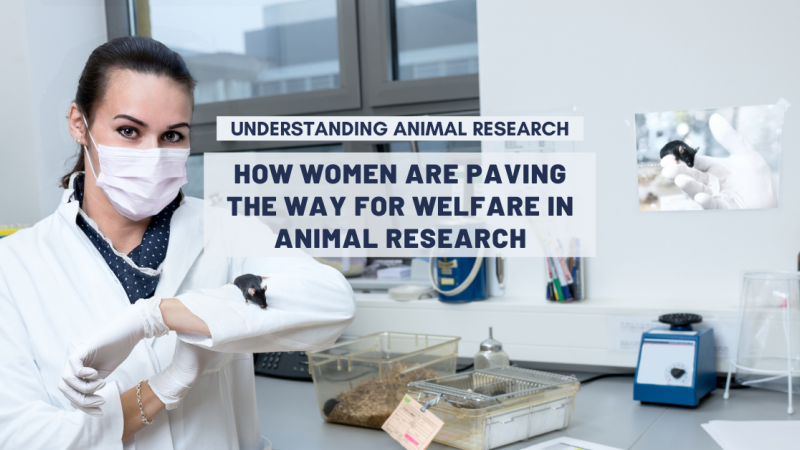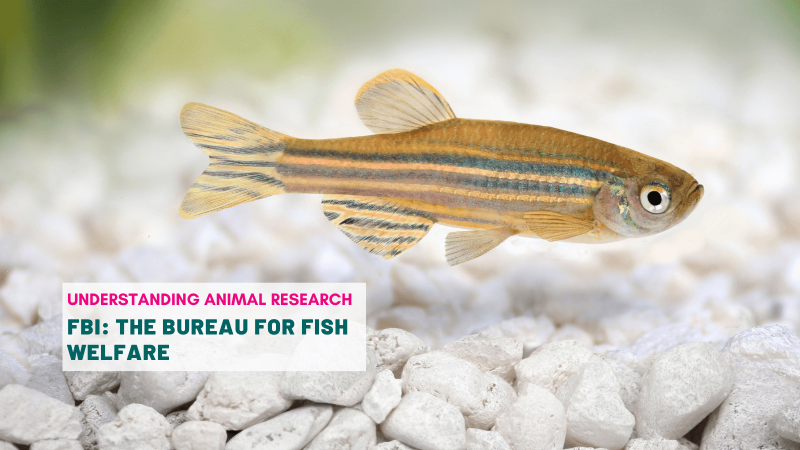Scientists and governments are increasingly concerned about the negative impact of animal rights campaigns on the humane transportation of animals for research. As revealed by the BBC Radio 4 Today programme and The Times this morning (Wednesday 14 March), this situation is reaching a tipping point where we may no longer be able to transport these animals in safety and comfort, seriously damaging the research that will bring us medical benefits in future.
Lord Drayson, Science Minister in the last UK government, said in The Times this morning:
'Although small in number, animals such as mice contribute significantly to the development of new medicines to combat human and animal diseases. If companies continue to withdraw from transporting these animals, the search for cures will shift to other countries, some of which do not have welfare regulations as stringent as those we rightly insist upon in the UK. Medical research will wither in our universities, and as a result, more people will suffer and die.'
Breeding programmes can take a long time to establish and the numbers of animals involved can be high. This is one reason why it is vital to be able to share certain species and strains. The other reason is good science - animal researchers across the globe can only collaborate successfully if they have access to the same types on animals. These factors mean that about one fifth of the animal research conducted in the UK today involves animals that are transported, with a small proportion coming from other countries.
We all want to minimise the use of animals in research and care for them well. The best approach is to avoid the duplication of breeding programmes, use the shortest possible journey times and make sure the animals are safe and comfortable en route. Like animal research itself, the regulation of transportation of animals for research is very strict.
Paradoxically, campaigning groups have actually made life much harder for animals. Ultimately, if transport routes continue to close down, vital research on medical conditions and the development of treatments and cures will be in crisis. The cost in human lives and the harm to UK life sciences and the pharmaceutical industry will be incalculable.
Professor Frances Balkwill, chair of UAR, added:
'We already owe a lot to animal research. It has provided treatments to keep us and our families healthy. But scientists are still striving to help those with life-threatening conditions.
Exciting new fields of medicine, such as genetics and stem cell technology, rely on animal research at several stages. These worldwide efforts are finding new treatments for life-threatening diseases like cancer, heart disease and genetic conditions like cystic fibrosis.
Because of the global nature of biomedical research, scientists in the UK need to work with the same species and genetic lines as their foreign collaborators.
It is crucial to be able to transport these animals across the world without fear of extremism. Moving animals on long journeys is not ideal from an animal welfare and a scientific point of view. This action is only taken when strictly necessary, and every effort is made to minimise the impact on the animals.
Ironically, when so-called animal rights groups close routes by intimidating transport companies, the result is that animals take a more convoluted journey. These campaigns actually do more harm than good to the animals being transported.’
For further background on the current situation on the transportation of animals for research, please contact the Understanding Animal Research press office.
Last edited: 14 March 2022 09:21



